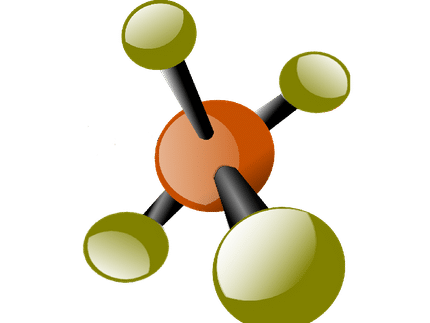Which implementation strategy is right for bio-based chemicals?
Drop-in, smart drop-in and dedicated ones?
Advertisement
Developing a roadmap for an increasingly bio-based European chemical industry is the main goal of the EU project RoadToBio. Which roles can different classes of bio-based chemicals play and what are their market needs? Based on ongoing discussions and the results of the first RoadToBio workshop, experts from the project consortium propose to introduce a classification in three different classes of bio-based chemicals, namely drop-ins, smart drop-ins and dedicated chemicals.
Fossil carbon is today mainly used in the form of fuels, but also as a basis for the organic chemical industry. The bio-based economy aims at substituting existing fossil products by renewable carbon or by introducing new products based on bio-based carbon. There are many ways in which this can happen – the chemical industry is manifold and complex. Of course, different chemicals need different market strategies, depending on their position in the value chain, their potential applications or their production volume.
The researchers from nova-Institute and their colleagues from the RoadToBio consortium (BTG Biomass Technology Group, E4tech and Dechema) propose to sort these diverse chemicals into three overall classes and have published a paper outlining these three categories: First of all there are “drop-in chemicals” which can replace conventional chemicals without any need for changes in the existing infrastructure, because they can “drop into” the existing production chains and are chemically identical to the fossil-based alternatives. In contrast to drop-in chemicals, “dedicated bio-based chemicals” have no fossil counterpart but represent renewable products with unique properties. Currently, most people only make a distinction between “drop-in” and “dedicated” bio-based chemicals.
However, bio-based chemicals can “drop in” at different stages of the value chain, either at the very beginning (e. g. bio-methane) or at a rather late stage (e. g. succinic acid). A later entry is potentially “smarter”, as it offers the possibility of shorter synthetic pathways, enabling advantageous routes with less steps, reducing production complexity, avoiding by-products and saving energy and time-to-market. Moreover, an entry at a late stage of the production chain allows to use the complex structure and functional groups of chemicals that nature has built instead of breaking down and de-functionalizing biomass as it is done for drop-in chemicals that enter at an early stage. This later entry leads to a more efficient use of biomass reflected in a high “biomass utilization efficiency (BUE)”. We call these bio-based chemicals “smart drop-ins”.
The authors of the paper “Drop-in, smart drop-in and dedicated chemicals”, all experts from nova-Institut GmbH and members of the RoadToBio consortium, propose to differentiate between these three different classes of bio-based chemicals in order to more clearly reflect the abovementioned characteristics and to be aware of different implementation strategies.


























































